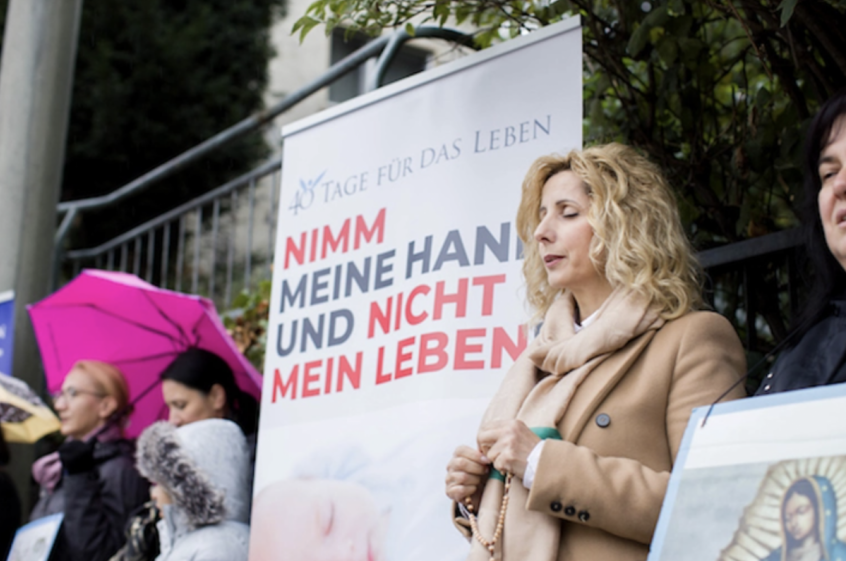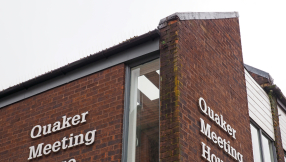
(CP) A top German court has ruled that blanket bans prohibiting peaceful prayer gatherings near abortion clinics infringe upon the constitutional right to freedom of assembly, a landmark win for the pro-life organization 40 Days for Life.
The judgment, delivered this week by the Federal Administrative Court in Leipzig, marks the end of a protracted legal battle for a Pforzheim-based chapter of 40 Days for Life, led by Pavica Vojnović. The international human rights organization ADF International supported her in her legal case.
"The court in Leipzig has once again made clear that peaceful prayer vigils cannot be banned," said Dr. Felix Böllmann, director of European advocacy for ADF International. "In view of the clear findings of the court, the federal government would be well advised to abandon its plans to massively restrict fundamental rights in the vicinity of abortion organizations."
The organization's right to peaceful assembly had been previously recognized by a regional court last August, a decision later contested by the city of Pforzheim.
The ruling arrives as the Federal Minister for Family Affairs, Lisa Paus, has been pushing for what critics call "censorship zones" around abortion clinics throughout Germany, effectively banning prayer vigils and offers of support in those areas.
"I'm truly relieved. Our prayers really help, as affected women have told us over and over," Vojnović said. "I am grateful that we can continue our prayer vigils. Every human life is precious and deserves protection."
Historically, 40 Days for Life would gather twice a year to hold silent prayer vigils in front of a Pro Familia facility — a branch of Planned Parenthood in Germany.
In 2019, despite a four-lane road separating the group from the Pro Familia building, the city of Pforzheim banned the prayer group from praying within sight and sound of the facility. Vojnović went to court to challenge the prohibition, stating it violated their right to freedom of assembly.
"I am shocked that we are being prevented from supporting vulnerable women and their unborn children in prayer. It's discouraging to hear that silent prayer vigils in a public place are restricted by local authorities. Our society must offer better support to mothers in difficult situations," Vojnović said earlier.
Tomislav Cunovic, Vojnović's lawyer, said in a statement that "blanket bans on prayer assemblies based on mere allegations are contrary to fundamental rights."
"The courts have recognized this," he said.
The court's ruling contrasts sharply with the government's desire to ban prayer vigils near abortion clinics.
Paus has repeatedly stated her intention to introduce measures to restrict prayer and support services through legal measures near abortion clinics. She also has called for the repeal of section 218 of the German criminal code, which currently regulates abortions.
"The economic self-interests of an organization like Pro Familia cannot take precedence over the German citizen's fundamental right to freedom of assembly and expression," Böllmann said. "This most recent ruling sends a clear signal to Berlin that blanket bans on peaceful prayer vigils for women in vulnerable situations have no place in a free and democratic state."
© The Christian Post









